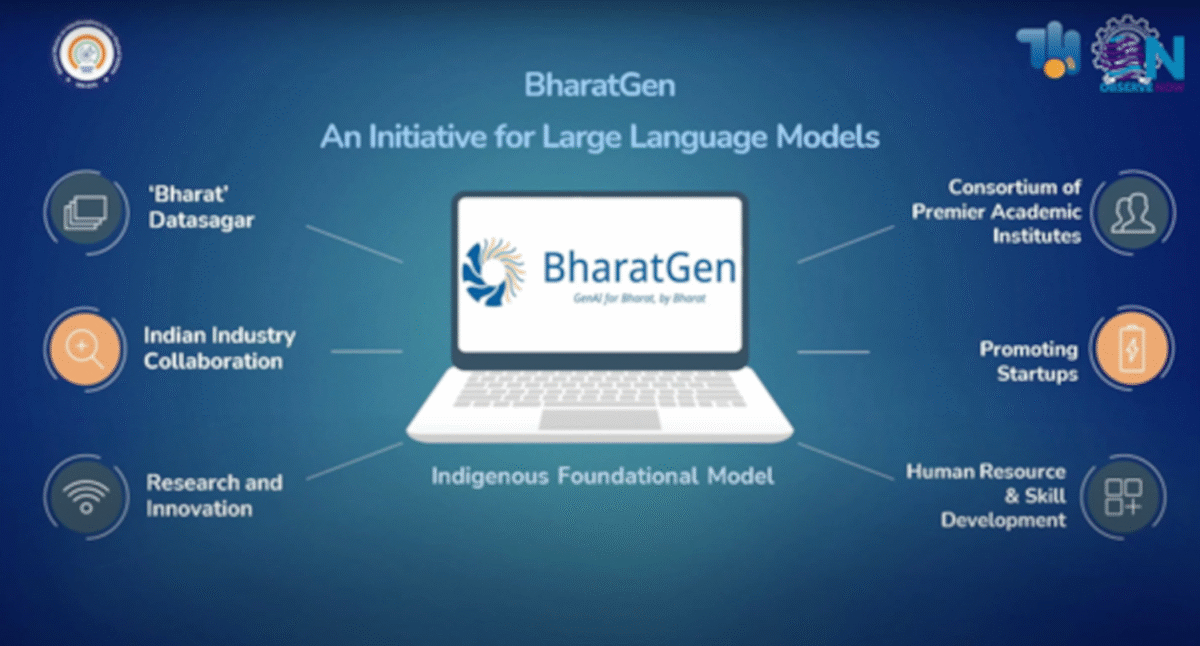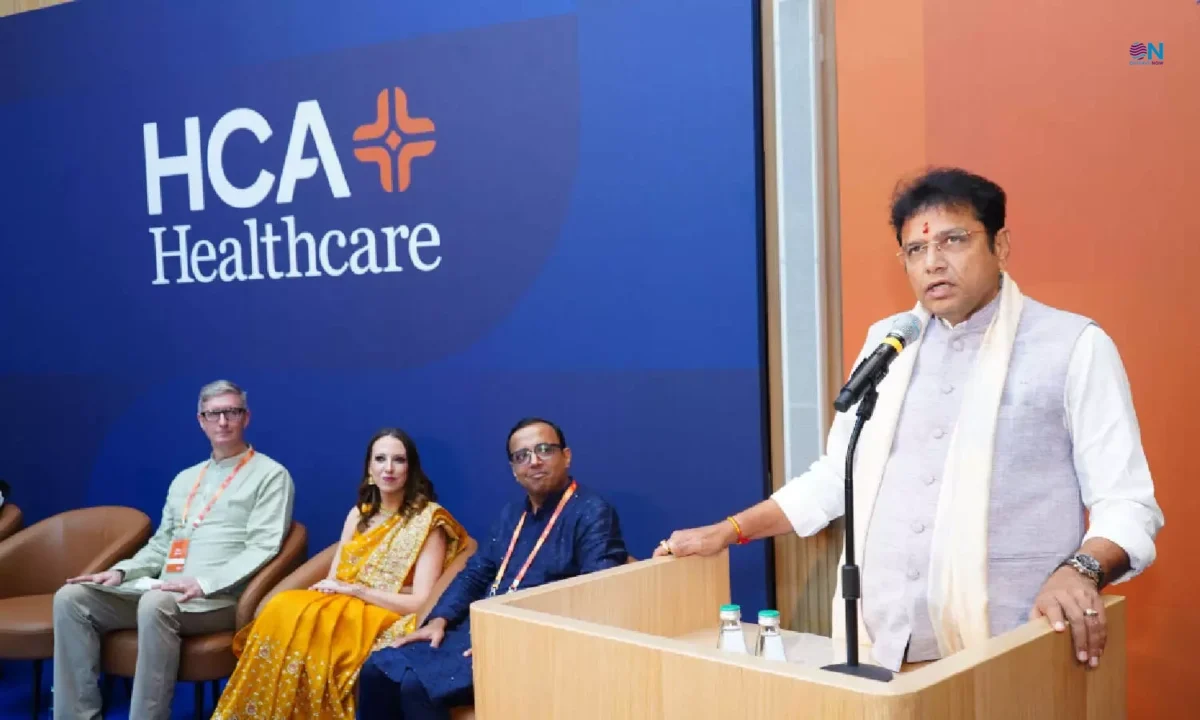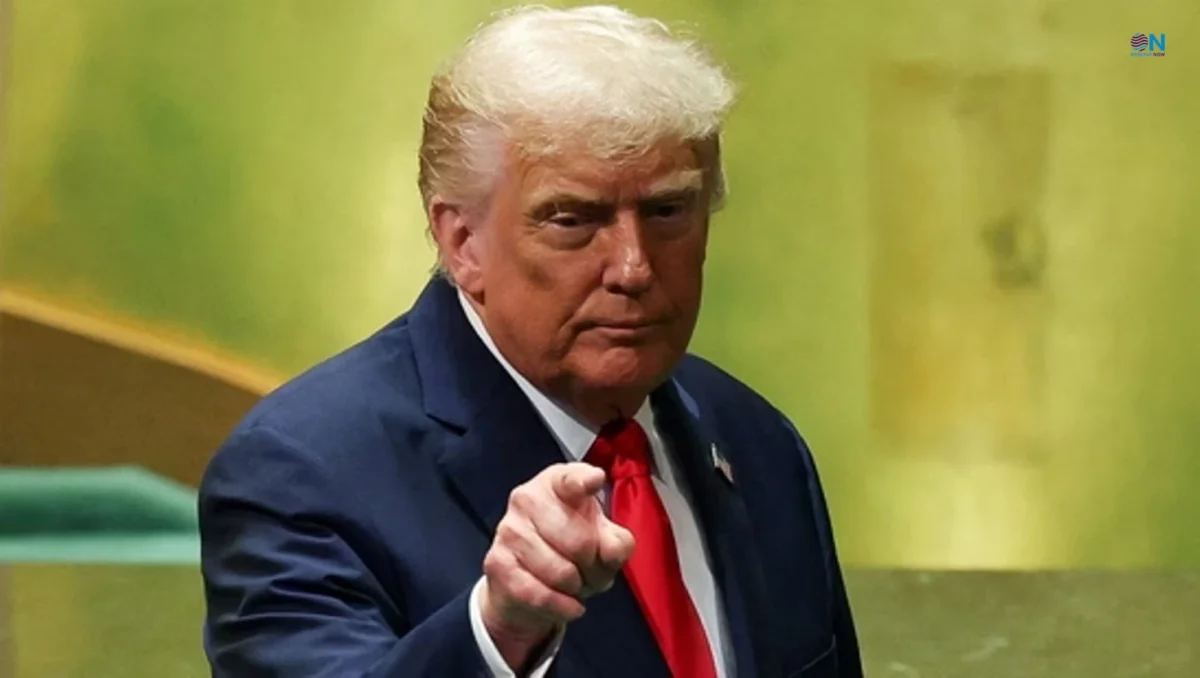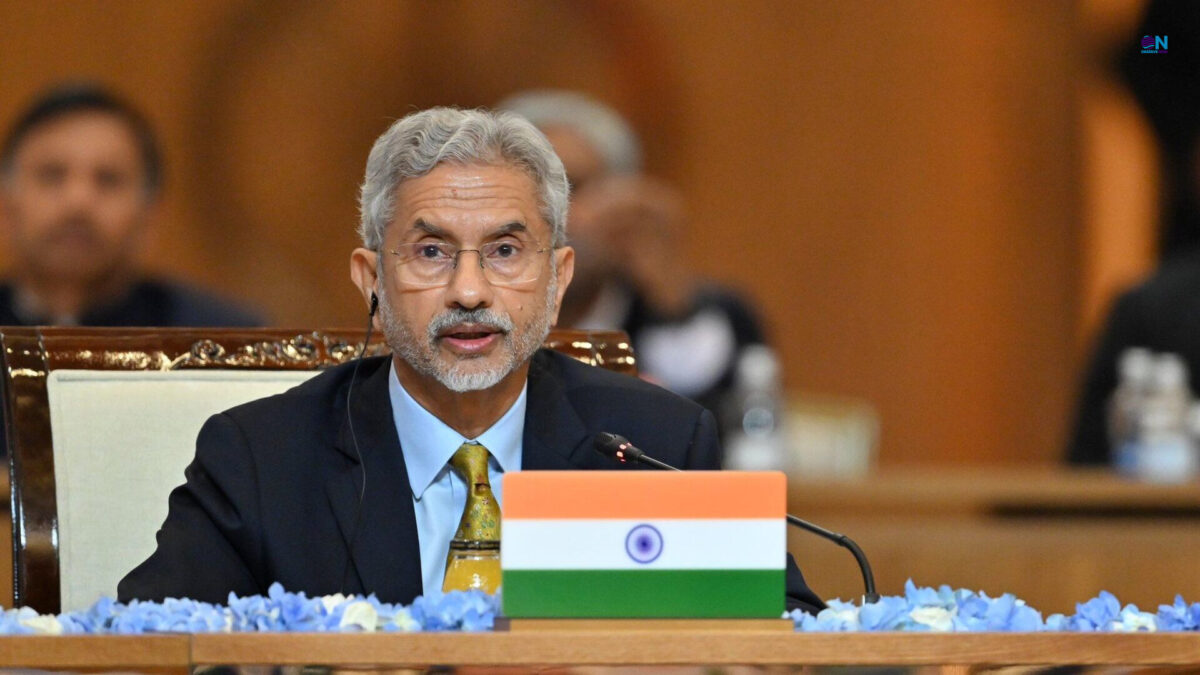BharatGen Leverages Small AI Models to Drive Sector-Specific Innovation
BharatGen is adopting a novel approach to artificial intelligence by focusing on small language models tailored for specific sectors, including agriculture, legal, and finance. The company plans to complement these specialized models with a larger 1-trillion-parameter LLM, enabling scalable solutions that can address diverse industry needs. This strategy aims to balance efficiency, precision, and scalability, allowing BharatGen to provide highly relevant AI tools while managing computational costs.
The company’s approach reflects a growing trend in AI development, where domain-specific models are gaining traction alongside large, general-purpose models. By deploying smaller models focused on particular sectors, BharatGen can offer solutions that understand the unique language, regulations, and workflows of each domain. In agriculture, for instance, AI could assist with crop recommendations, supply chain management, and predictive analytics. In legal and finance, the models could streamline document analysis, contract review, and risk assessment.
BharatGen’s use of a large-scale 1-trillion-parameter model provides the underlying computational power and learning capabilities required to maintain accuracy and coherence across its specialized models. This hybrid approach ensures that small models benefit from the knowledge and contextual understanding of a massive LLM while remaining lightweight and efficient for specific tasks. Experts believe this could significantly improve adoption in sectors that require high reliability and interpretability in AI outputs.
The startup’s strategy also addresses a key challenge in enterprise AI: scalability without compromising specificity. Small models allow for rapid deployment and customization, while the larger model ensures continuous learning and expansion of capabilities. BharatGen’s vision underscores the potential of AI to transform sector-specific workflows, enhance decision-making, and create value across industries.
By leveraging both small, specialized models and a large-scale LLM, BharatGen positions itself as a forward-thinking AI company, aiming to deliver practical, scalable, and efficient AI solutions to meet the evolving demands of diverse sectors.


